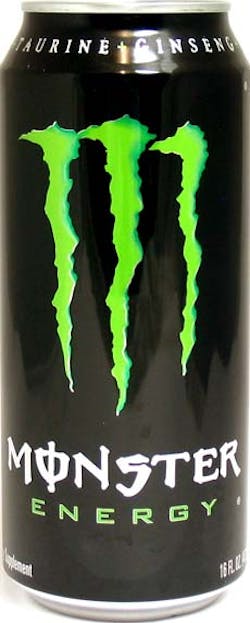California Attorney Counter-Sues Monster Beverage Corp.
San Francisco, Calif. City Attorney Dennis Herrera has sued Monster Beverage Corp. for violating California law with its marketing of highly-caffeinated energy drinks to children as young as six-years-old, despite scientific findings that such products may cause "significant morbidity in adolescents" from elevated blood pressure, brain seizures, and severe cardiac events, according to the release from City Attorney Dennis Herrera.
The lawsuit, filed in San Francisco Superior Court, comes just one week after Monster pre-emptively sued Herrera in an extraordinary legal attempt to halt his office's months-long investigation into the marketing and sales practices of the nation's largest energy drink manufacturer.
"Monster Energy is unique among energy drink makers for the extent to which it targets children and youth in its marketing, despite the known risks its products pose to young people's health and safety," said Herrera, in a prepared statement. "Consumption of highly caffeinated energy drinks by children has been widely condemned by pediatricians and scientists, and the NCAA has banned its member institutions from providing these products even to college athletes because of the grave safety risks. When the U.S. Food and Drug Administration last week announced its investigation into the addition of caffeine to products like Monster, it expressed particular concern about aggressive marketing to young people. Yet Monster Energy remains defiant. As the industry's worst-offender, Monster Energy should reform its irresponsible and illegal marketing practices before they're forced to by regulators or courts."
Herrera's complaint alleges that Monster Beverage Corporation's business and marketing practices violate California's Unfair Competition Law and Sherman Food, Drug and Cosmetic Law. If San Francisco's lawsuit is successful, Monster Energy could be enjoined from continuing illegal conduct deemed harmful to consumers and competitors, and forced to pay significant civil penalties and restitution as a result of its unfair business practices.
